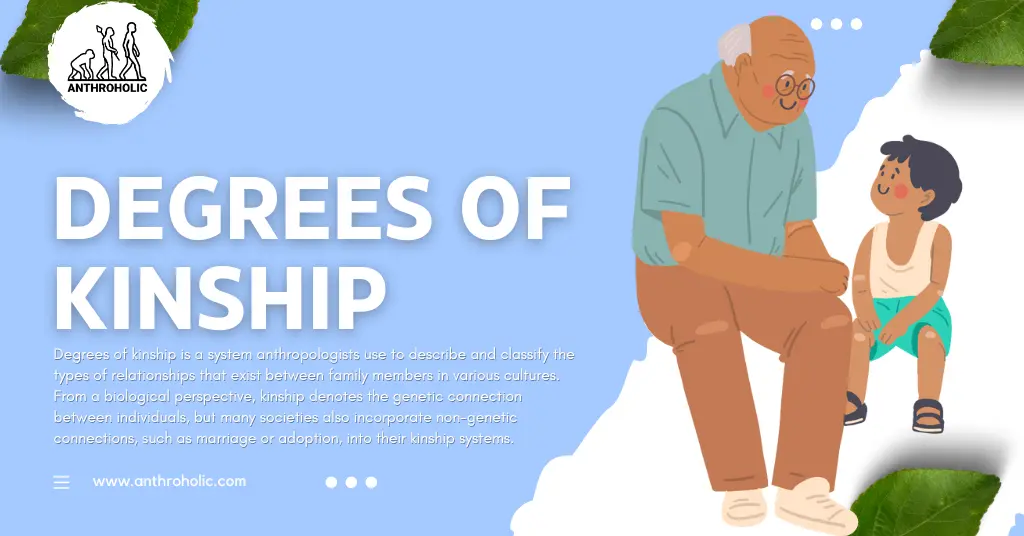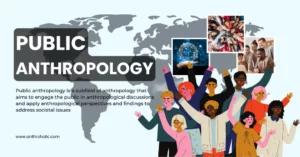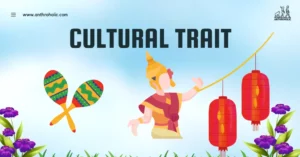AI Answer Evaluation Platform Live Now. Try Free Answer Evaluation Now
Degrees of Kinship
This term ‘degrees of kinship’ refers to the proximity of a genetic, adoptive, or marital relationship between individuals, creating a web of familial ties that shape our societies and identities [1].

What are Degrees of Kinship?
Degrees of kinship is a system anthropologists use to describe and classify the types of relationships that exist between family members in various cultures. From a biological perspective, kinship denotes the genetic connection between individuals, but many societies also incorporate non-genetic connections, such as marriage or adoption, into their kinship systems.
The degree of kinship can be categorized into three primary groups:
- Primary kins: These are the immediate family members, such as parents, siblings, and children.
- Secondary kins: These involve one step removed from the primary relationship, like grandparents, grandchildren, aunts, uncles, nieces, and nephews.
- Tertiary kins: These comprise two steps removed from the primary relationship, including first cousins, great-grandparents, and great-grandchildren [2].
Kinship Systems
There are different systems of kinship, depending on the cultural context, but two systems are primarily recognized within anthropology: the Eskimo and the Iroquoian.
Eskimo Kinship System:
In this system, generally adopted by Western societies, relatives outside the nuclear family are distinguished by gender and generation, but not by side of the family. The Eskimo system is characterized by bilateral descent and a tendency towards nuclear family structures [3].
| Relationship | Eskimo System Description |
|---|---|
| Parents’ siblings | Aunts and Uncles |
| Siblings’ children | Nieces and Nephews |
| Children’s spouses | Sons-in-law or Daughters-in-law |
Iroquoian Kinship System:
The Iroquoian system, common in many Native American societies, differentiates between relatives by side of the family, generation, and gender. For instance, maternal and paternal uncles are differentiated, unlike in the Eskimo system [4].
| Relationship | Iroquoian System Description |
|---|---|
| Father’s Brother | Father |
| Mother’s Brother | Uncle |
| Father’s Sister | Aunt |
| Mother’s Sister | Mother |
Cultural Variations and Implications
The concept of kinship and its degrees can vary greatly across cultures, and these variations have significant implications for social structure, inheritance, marriage, and communal roles. For example, in some matrilineal societies, lineage and inheritance pass through the mother’s line, emphasizing the importance of relationships on the mother’s side of the family. On the other hand, patrilineal societies prioritize kinship relationships on the father’s side.
In cultures practicing polygamy, kinship extends to multiple wives and their respective children. The Mosuo people in China, famous for their “walking marriages”, offer a unique example where traditional notions of marriage are absent, and kinship is determined mostly through maternal lines.
Conclusion
The degrees of kinship are a fundamental concept in anthropology, offering a lens through which we can study the diversity and complexity of human relationships across different cultures. Recognizing these degrees of kinship and their cultural variations allows us to understand the structure, function, and values of societies worldwide. By doing so, anthropology continues to uncover the rich tapestry of our shared and diverse human experience.
References
[1] Parkin, R. (1997). Kinship: An Introduction to the Basic Concepts. Blackwell Publishing.
[2] Holy, L. (1996). Anthropological Perspectives on Kinship. Pluto Press.
[3] Keesing, R. M. (1975). Kin Groups and Social Structure. Holt, Rinehart and Winston.
[4] Tooker, E. (1984). “The League of the Iroquois: Its History, Politics, and Ritual.” In Handbook of North American Indians, vol. 15, Northeast.




